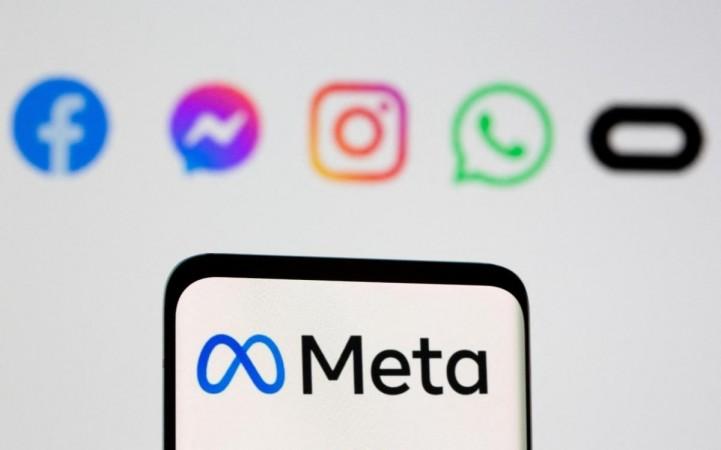
The dominance of foreign-owned messaging platforms, particularly WhatsApp, in India's communication sphere has raised significant concerns. With user projections expected to reach 795.67 million by 2025, WhatsApp's influence on India's communication infrastructure is undeniable. However, this convenience comes at a cost. The heavy reliance on a foreign platform exposes the country to vulnerabilities that a single external entity could exploit.
WhatsApp's parent company, Meta, has implemented stringent guidelines against voter interference, threats of violence, and election misinformation on platforms like Facebook, Instagram, and Threads. However, these rules have not been applied to WhatsApp Channels. Instead, the company relies on broader community guidelines, which poses significant risks to the integrity of democratic processes globally.
One of the most significant concerns with this concentration of power is the unchecked spread of misinformation, especially during politically sensitive periods like elections. For instance, one political party might disseminate false information to discredit its opponents. Without alternative messaging platforms, any rebuttal must rely on the same medium.
However, if the owner of that medium were to show bias toward a particular political party, it could manipulate the platform by blocking or slowing the distribution of counter-messages. This manipulation would create an uneven playing field, giving one side an unfair advantage in the political arena and undermining the integrity of democratic discourse.

Moreover, when a country's communication infrastructure is heavily dependent on a single foreign platform, it becomes vulnerable to exploitation by external forces. The revelations of global surveillance programs have made it clear that no data is truly private when stored on foreign servers. In India's complex geopolitical landscape, the risks associated with these vulnerabilities are too substantial to ignore.
WhatsApp offers end-to-end encryption for the content of its messages, but the metadata generated by user interactions—details such as who is communicating with whom, when, and for how long—remains accessible to the platform's parent company, Meta.
Recent AI tools added to WhatsApp further accentuate the point that encrypted data can possibly be harvested for commercial gains. This metadata, which can be as revealing as the content of the messages themselves, is subject to analysis and potential misuse.
The concentration of control over sensitive communications in the hands of a foreign entity raises serious concerns about data privacy and sovereignty. In today's digital age, data has become one of the most valuable commodities, often referred to as the new oil. The data generated by Indian users on foreign messaging platforms is frequently stored on servers located outside the country, placing it beyond the reach of Indian laws and regulations.
This situation undermines India's data sovereignty, as it effectively cedes control over its citizens' personal information to foreign corporations. The recent push by the Indian government for data localisation—mandating that data generated within India be stored on local servers—is a step towards reclaiming this sovereignty.
However, without the widespread use of alternatives to platforms like WhatsApp, true data sovereignty remains elusive. An indigenous messaging app would ensure that Indian data is not only stored within the country's borders but also governed by Indian laws, providing greater protection against unauthorised access by foreign entities.
Ongoing legal challenges further intensify the debate over India's digital sovereignty. The Indian government's 2021 Information Technology (IT) rules require social media intermediaries to trace chats and identify the first originator of information. This move is aimed at curbing misinformation and enhancing accountability, but it has faced resistance from entities like WhatsApp, who argue that it compromises user privacy.
Beyond the immediate concerns of national security and data privacy, the dominance of foreign messaging platforms in India also threatens the country's cultural integrity. These platforms, designed within specific cultural contexts, may not fully honour or understand Indian values, leading to the spread of misinformation and the polarisation of communities. This form of digital dominance can erode social cohesion and cultural identity.
Developing an indigenous messaging app offers India a chance to protect its cultural narratives while fostering economic independence and innovation within its tech sector. By investing in homegrown solutions, India can reduce its reliance on foreign platforms, aligning with the 'Atmanirbhar Bharat' initiative and positioning itself as a global leader in digital innovation.

















